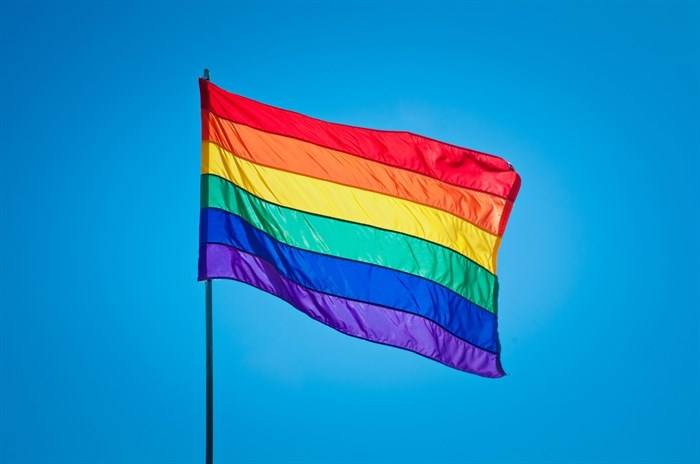
Image Credit: Shutterstock
November 20, 2016 - 6:00 AM
OTTAWA - The desperate search for reason and direction in the wake of a Donald Trump victory swamped everything else in Ottawa this week, with politicos by turns both panicked and puzzled about what could possibly happen next.
With the gradual acceptance that business as usual is not an option, both the Liberals and the Conservatives ramped up their study of the U.S. tea leaves and began to recalibrate their approaches accordingly.
The Conservatives seem to be taking on a renewed tone of populism, but — not to be confused with Trump — they are more adamantly pro-free trade than ever. The Liberals hope to appear calm, playing down their differences with Trump and stressing the common ground while gently carving out policies that will not change regardless of what the United States does.
Still, there were some domestic political developments that were purely Canadian: a reinforcement of gay rights, a vigorous discussion about opioids and jockeying for position on electoral reform.
Here's how politics touched Canadian lives this week:
GAY RIGHTS
The federal government has put forward legislation that will repeal a section of the Criminal Code that has long discriminated against gay and bisexual men. The move is part of an initiative that will likely lead to a formal apology to LGBTQ2 Canadians who have had their lives and livelihoods hurt by federal policies over the years.
LGBTQ2 is an acronym referring to lesbians, gays, bisexual, transgender, queer, questioning and two-spirited people, a term used broadly to describe indigenous people who identify as part of the community.
This week, the government took two steps towards the apology: it named a special adviser to push the government in its response to the discrimination — Randy Boissonnault, an openly gay Liberal MP.
And it tabled Bill C-32, which would repeal a section of the Criminal Code that placed restrictions on anal intercourse. For now, the sexual act is punishable by up to 10 years in prison, with an exception for heterosexual married couples or consenting adults of either sex over the age of 18. The new bill would push that age down to 16.
OPIOIDS
Health care providers have been sounding the alarm on pervasive opioid use and frightening rates of overdose for some time. First they warned about the painkiller oxycontin, then the more powerful fentanyl, and now authorities are horrified to be finding even more potent products thrown into the addictive and dangerous mix. Hundreds of people are dying from overdoses.
This week, federal Health Minister Jane Philpott and Ontario Health Minister Eric Hoskins convened a big meeting of officials, provincial ministers, experts and those with experience to figure out what to do about the problem.
Philpott is now under intense pressure to declare that the country is in the midst of a public health emergency, with a crying need for better tracking, stiffer prescription practices, more doctor awareness, more safe injection sites, better addiction treatment and a critical look at China and its export of fentanyl.
Will a national strategy be able to keep pace with the speed at which these drugs morph and take over people's lives?
HOW WE VOTE
There has finally been some movement to break up the deadlock seizing the MPs' committee trying to find ways to reform the country's electoral system.
The committee has been tasked with recommending by Dec. 1 how the government should go about changing the way we vote. But the committee members have been stymied by an inability to see eye-to-eye — a problem since no single political party has a majority on the committee.
The Conservatives want a referendum; the NDP wants to move to a form of proportional representation. The Liberals won't say exactly what they want, but they don't want a referendum.
With the clock ticking, there was finally some repositioning this week. The NDP came out and said they would support holding a referendum. Their hope is that, in return, the Conservatives will back the NDP's stance that proportional representation is what most people want and is the best way forward.
In the end, however, the cabinet will decide what to do with the committee's recommendations. And it's not at all clear that any of this will be decided in time for the next election — despite that being a key promise made by the Liberals during the last campaign.
News from © The Canadian Press, 2016